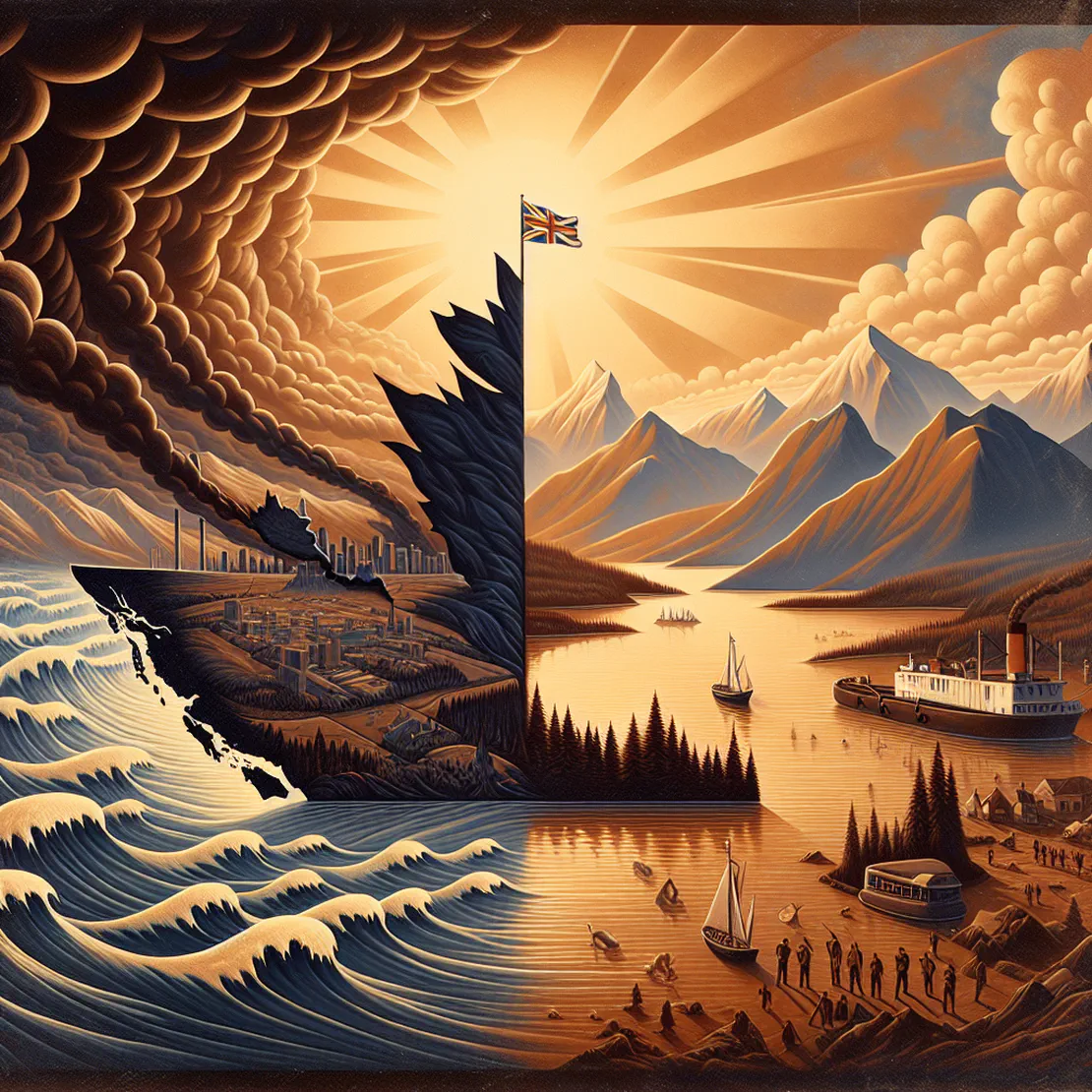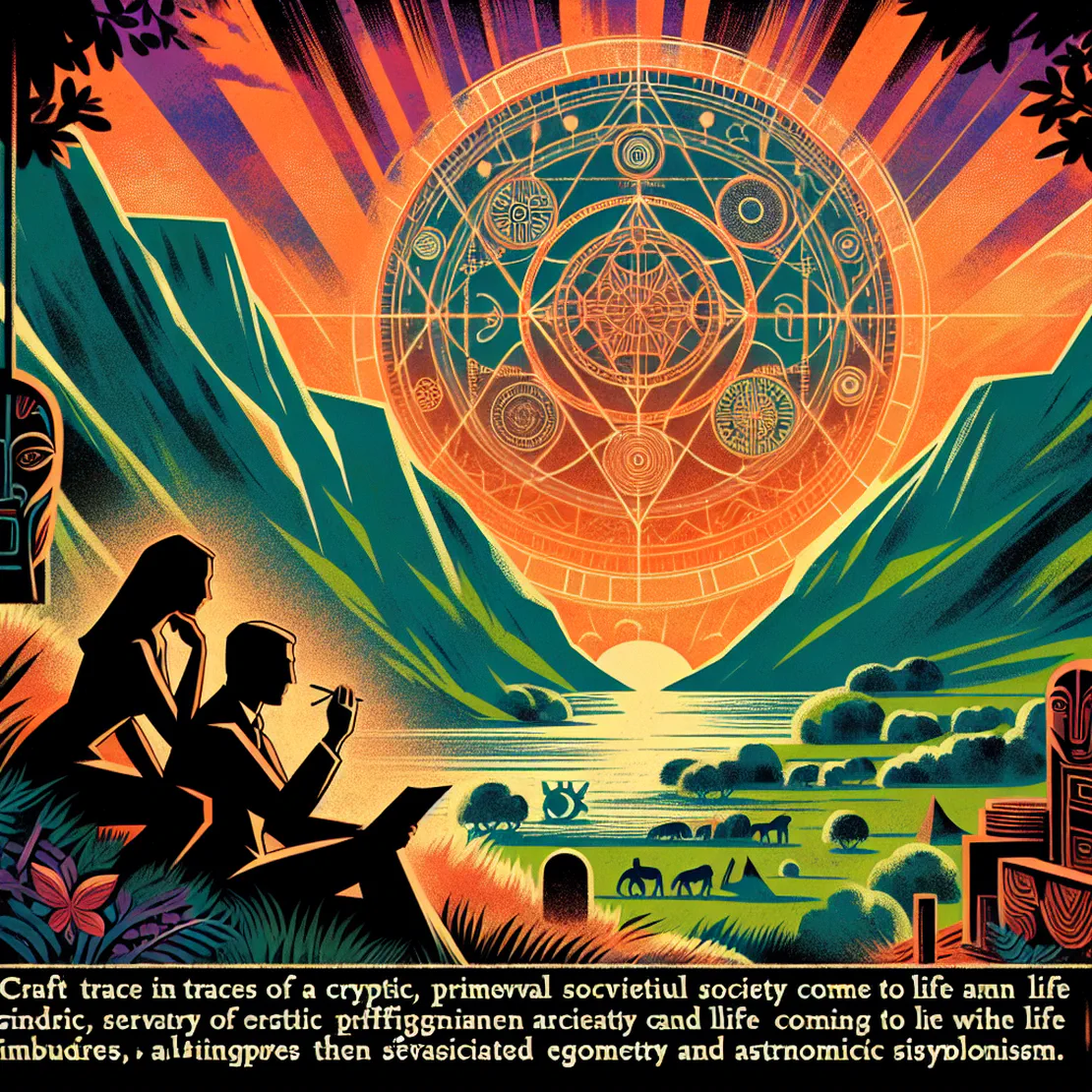
#1675 - Quentin Tarantino
- The Joe Rogan Experience
- Entertainment , Film
- June 29, 2021
Table of Contents
At a Glance
-
Turning Financial Struggle into Success - “I was selling True Romance. I was going to get, like, $30,000. I’d never had $30,000 in my life. I was a minimum-wage kid… the idea was… I’d finally got some money, then I’d shoot on 16mm… which was Reservoir Dogs”. Quentin Tarantino recounts how he used the money from selling “True Romance” to fund “Reservoir Dogs,” turning a financial struggle into a successful filmmaking career.
-
Navigating Hollywood’s Challenges - “When you sit back and you talk about that today, does it even seem real? I mean, that you really were working in that video store and that you really did write that. Reflecting on his journey from working in a video store to becoming a renowned filmmaker, Tarantino highlights the surreal nature of his success and the persistence required to navigate Hollywood’s challenges.
-
Artistic Integrity and Resistance - “Harry tried to talk me into cutting the torture scene out with Mr. Blonde and the guy in the chair… But I didn’t care. This is the movie and it has that scene”. Tarantino’s insistence on keeping a controversial scene in “Reservoir Dogs” despite external pressure underscores his commitment to artistic integrity and his resistance to compromising his vision.
-
Creating a New Subgenre in Film - “I created a subgenre in gangster films that did not exist before and they were trying to fill that subgenre. And that was fucking awesome”. Discussing the impact of his films, Tarantino takes pride in creating a new subgenre within gangster films, highlighting his influence on the cinematic landscape and his innovative approach to storytelling.
-
Harvey Weinstein’s Downfall and Personal Reflection - “He wasn’t just this guy who financed my movies. He was kind of like a father figure… It’s sad… I wish I had sat him down and had the uncomfortable conversation”. Tarantino reflects on his long-term professional relationship with Harvey Weinstein, expressing regret for not confronting Weinstein about his behavior and acknowledging the complex, often troubling dynamics in the film industry.
What to Do
-
Believe in Persistence and Self-Determination - Quentin Tarantino advises, “Never let ’they’ stop you. Do what you want to do” highlighting the importance of following your vision despite external doubts or pressures.
-
Value Personal Relationships Over Professional Opportunities - Tarantino suggests prioritizing significant relationships over professional commitments, sharing, “I’m your boyfriend. We’re going to hang out together. Don’t go to Arizona and do some stupid Western on somebody’s movie”*.
-
Adapt and Grow in Response to Challenges - He emphasizes the importance of putting your all into projects, saying, “I am really putting myself, really everything into ‘Kill Bill’. And I realize, well, of course, I am putting myself into it because everything means everything to me”.
-
Be Resilient in the Face of Setbacks - Tarantino reflects on his early struggles, advising, “Understand that everything can feel like a big buildup to a horrible letdown until you eventually find success. Keep hope and resilience even when faced with repeated failures”.
-
Maintain Authenticity in Creative Work - He stresses the importance of staying true to your artistic vision, advising, “Stay true to your vision, even when it means going against industry norms or suggestions”.
-
Engage in Critical Self-Reflection and Improvement - Tarantino recommends focusing on personal fitness and self-presentation, sharing, “Experience with press and public appearances leads to a greater focus on personal fitness and self-presentation, opening up new opportunities”.
What to Get
Complete Collection - Explore Quentin Tarantino’s filmography to witness his unique storytelling and cinematic style. https://amzn.to/3VkinS5
Summary
In this fascinating conversation, Quentin Tarantino and Joe Rogan dive into a lively discussion about Tarantino’s illustrious film career and the unique journey he’s taken. Tarantino, known for his distinct filmmaking style, recounts how his career took off, starting from his days working at a video store to becoming one of Hollywood’s most acclaimed directors. The conversation begins with Joe Rogan expressing his admiration and fan-like excitement, highlighting the uniqueness of Tarantino’s cinematic style. Tarantino explains the early days of his career, particularly how he used the money from selling his script “True Romance” to fund “Reservoir Dogs.” A notable point is his partnership with Lawrence Bender, who convinced him to aim higher with the budget, resulting in a real production instead of a small indie film. They discuss the skepticism Tarantino faced, his disbelief at the opportunities he was getting, and how his relentless determination and unique vision eventually led to success.
The discussion takes an intriguing turn as they talk about the thematic elements and bold choices in Tarantino’s films, such as the intense violence and dark humor, which have become his signature. Rogan praises Tarantino for creating unforgettable movie moments that others might find controversial or taboo. They delve into the making of “Once Upon a Time in Hollywood,” with Rogan mentioning the violent scenes and how only Tarantino could pull off such content without facing backlash. Tarantino reflects on the evolution of film content from the politically correct 80s to the more daring 90s, crediting his work and others’ for pushing those boundaries. They also touch on Tarantino’s influence on the genre of crime films, likening his impact to that of Sergio Leone on Westerns. This part of the conversation underscores Tarantino’s belief in staying true to his vision despite industry pressures, which resonated through his steadfast refusal to cut the iconic ear-cutting scene in “Reservoir Dogs” despite advice to do so.
The conversation also touches on more personal aspects, including Tarantino’s reflections on his relationship with Harvey Weinstein amidst the controversies. He expresses regret for not confronting Weinstein directly about his behavior, acknowledging the toxic environment while also noting the lack of direct knowledge about the most severe allegations. They explore how Weinstein’s downfall was surreal and deeply impactful, given his significant role in Tarantino’s career. The conversation wraps up with a discussion about the nostalgic elements of Tarantino’s films, his love for the 70s and 80s pop culture, and how these influences shape his storytelling. They also talk about the broader changes in the film industry and Tarantino’s plans to start a podcast with his old collaborator, Roger Avery, to delve into movies from their video store days, highlighting his ongoing passion for film. This summary captures the essence of the conversation, showcasing the blend of professional insights, personal reflections, and Tarantino’s unwavering dedication to his craft, making it a compelling dialogue for any film enthusiast.


